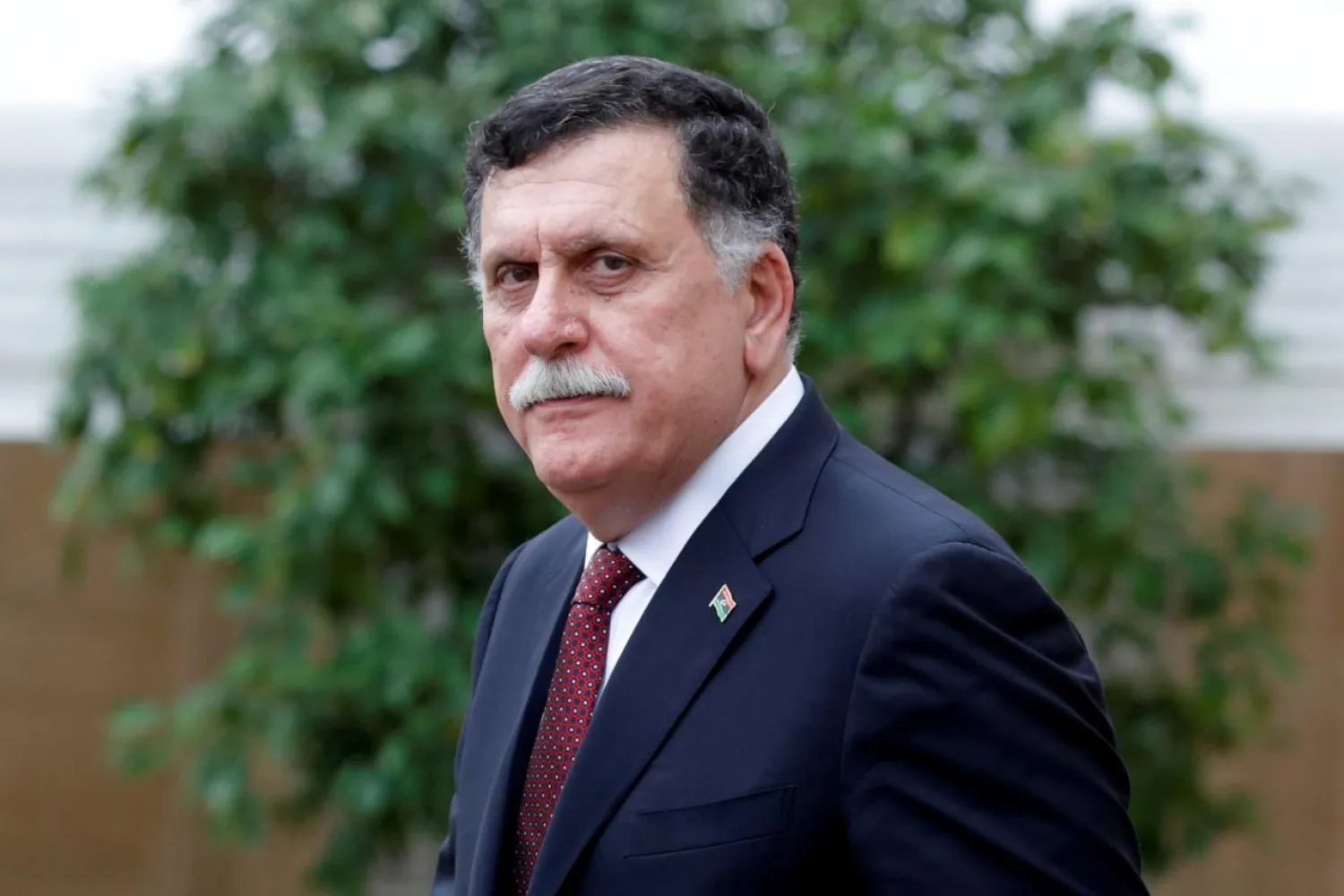Head of Libya’s Government of National Accord (GNA) Fayez al-Sarraj announced the formation of a “joint military force” in anticipation of the possible re-eruption of clashes between militias in the capital Tripoli.
The force will be commanded by Osama al-Juwaili and composed of three light infantry units, as well as forces from the ministry of interior.
It is tasked with disengaging clashes between militias and ensuring that the ceasefire is upheld.
Clashes between rival militias had erupted in Tripoli in August. They eventually ended with a United Nations-brokered ceasefire on September 4 that has so far been respected. At least 78 people were killed and 210 wounded in the unrest.
Sarraj granted the military force the permission to communicate with the UN mission in Libya.
Meanwhile, UN special envoy to Libya Ghassan Salame announced that he had discussed with the GNA’s interior and justice ministers the steps needed to bolster the ceasefire and improve the security situation.
GNA interior minister Abdulsalam Ashour said that at Sarraj’s instruction, forces will be redeployed at Tripoli’s Mitiga International Airport to ensure its security.
The airport was twice closed during the clashes in the Tripoli.
The UN mission had last week announced that it had set the mechanism for a joint disengagement force to tackle the rival militias in Tripoli.
On Sunday, Sarraj said that the militias were being directed by forces that are greater than them in order to topple the GNA through all possible means.
He accused these forces of seeking to spark a war in the capital, adding, however: “We will never allow this to happen. Whoever violates the ceasefire will be met with a decisive local and international response.”
Moreover, he described the clashes as a “turning point,” saying that “matters will no longer be handled in the way they used to be in the past.”









